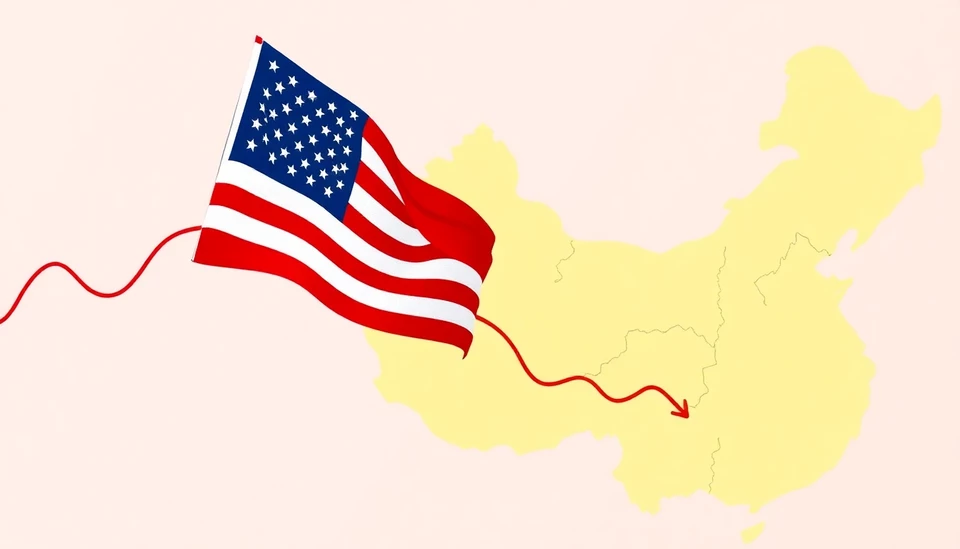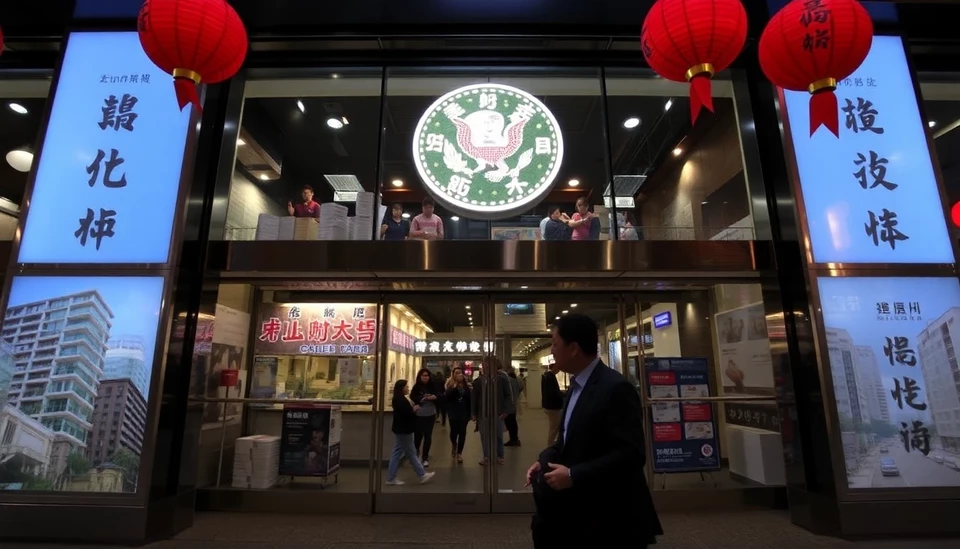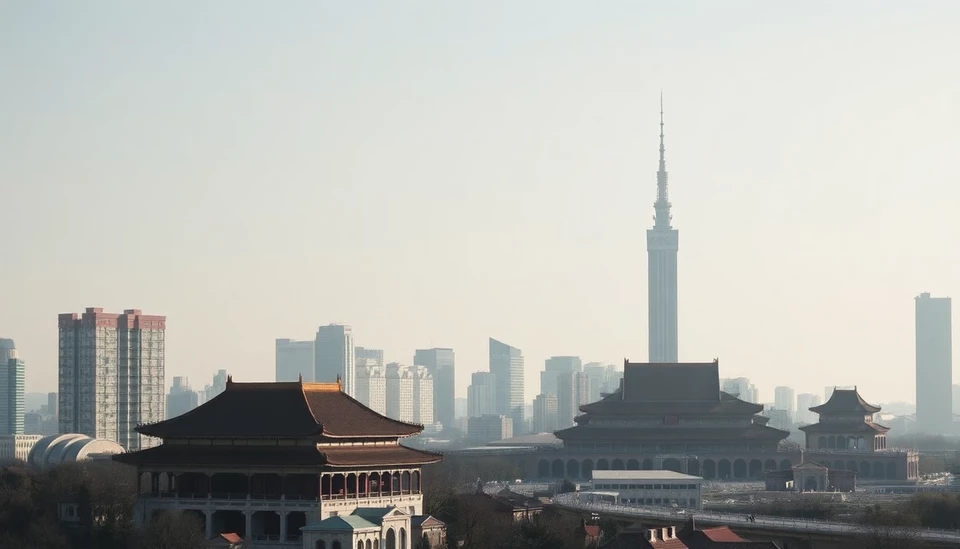
In a significant policy shift aimed at invigorating its economy, China is set to implement an extensive stimulus package to counteract the impact of U.S. tariffs, as projected by economic analysts at Goldman Sachs. The country's approach is designed to stabilize its economic landscape amidst ongoing trade tensions, which have pressured growth and international trade.
The anticipated stimulus measures come at a crucial time, with Chinese economic growth showing signs of slowing. Goldman Sachs expects that this fiscal policy initiative will stimulate consumer spending and bolster the ailing manufacturing sector, addressing the challenges posed by external trade barriers. In a recent report, the firm outlined various strategies that the Chinese government may adopt, such as increased infrastructure spending and expanded fiscal support for key industries.
Goldman Sachs specifically identified an array of potential actions, including tax cuts, a boost in public investment, and targeted financial aid aimed at vulnerable sectors. These strategies are expected to inject much-needed liquidity into the economy and encourage domestic consumption, offsetting the negative effects of tariffs imposed by the United States on a wide range of Chinese goods.
Market analysts have indicated that this stimulus may also include measures to fair the competitive landscape for Chinese companies, enabling them to navigate the tariffs more effectively. With international demand fluctuating due to the trade friction, stabilizing the local market becomes essential for sustaining growth and employment levels.
Furthermore, adherence to green policies and innovation may be central themes in the stimulus plan, aligning with China's long-term objectives of transitioning to a more sustainable and technology-driven economy. This shift could not only mitigate the immediate repercussions of tariffs but also pave the way for future growth in sectors deemed vital for national progress.
In conclusion, China's forthcoming stimulus strategy represents a proactive response to ongoing trade conflicts and economic pressures attributed to U.S. tariff policies. If successfully implemented, these measures could significantly bolster China’s economic resilience and promote recovery amidst challenging global conditions.
As the world watches, the effectiveness of China's new policies will undoubtedly have far-reaching implications, not just within its borders but across the global economy, highlighting the interconnectedness of international trade and economic stability.
#ChinaStimulus #TradeTensions #GoldmanSachs #EconomicGrowth #TariffsImpact #ChinaEconomy #MarketResponse
Author: Daniel Foster




